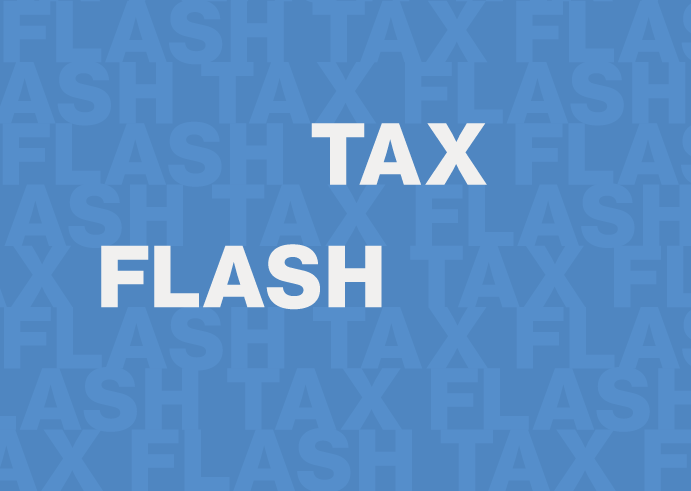Contribution- & tax-free inflation premium for 2022 and 2023

Considering the high inflation, the legislator has introduced a inflation premium (cost-of-living bonus) of up to EUR 3,000 per employee, free of contributions and levies, as part of the inflation relief package. The cost-of-living bonus is limited to the calendar years 2022 and 2023 and can also be granted to marginally employed and part-time employees.
On 23 June 2022, the National Council adopted an inflation relief package, which was published on 30 June 2022 in Federal Law Gazette I 2022/93 as a measure to mitigate the effects of high inflation and price increases.
It also provided for a tax- and contribution-free cost-of-living bonus of up to EUR 3,000 per year and employee for the calendar years 2022 and 2023. The tax- and contribution-free cost-of-living bonus applies to wage tax, social insurance and all ancillary wage costs.
The exemption to the extent of the maximum amount is, however, linked to the preferential treatment for employee profit-sharing schemes and is only available to the extent that these two benefits do not exceed the stated exemption amount in total.
Employees have no legal entitlement to a cost-of-living bonus; the decision whether and in what amount a cost-of-living bonus is granted is therefore up to the company. The legislator only regulated the conditions to be met for exemption from contributions and levies.
From today’s perspective, however, it cannot be ruled out that the social partners will negotiate collectively agreed cost-of-living bonuses in some sectors, which would then have to be paid out. Therefore, when granting a voluntary cost-of-living bonus, a reservation should be declared so that employers are not confronted with a double payment.
Maximum amount exempt from contributions and levies
In both 2022 and 2023, cost-of-living bonuses of up to EUR 2,000 per employee are exempt from contributions and levies.
Within this framework, cost-of-living bonuses can be determined individually, e.g. only granted to individual employees and/or in different amounts. However, unobjective differentiations must be avoided at all costs, and the prohibition of discrimination under labour law must be observed. For example, part-time employees (including marginally employed white-collar workers and blue-collar workers) must not be generally excluded. Differentiating the amount according to the extent of employment (e.g. only aliquot to part-time employees) is, however, permissible.
The maximum amount is increased to EUR 3,000 per employee if the payment is made on the basis of a so-called “wage-forming regulation” (section 68 (5) no 1 to 7 EStG). A “wage-forming regulation” exists, in particular, if a cost-of-living bonus
- is prescribed by collective agreement, or
- is granted to all employees of the enterprise, or
- is granted to an objectively definable group of employees (e.g. to all white-collar workers, to all blue-collar workers, to all field staff, to all office staff, to all employees who have been with the enterprise for five years).
Additionality requirement (prohibition of subscription conversion)
The payments must be additional payments that have not been granted so far (section 49 (3) no 30 ASVG and section 124b no 408 lit a EStG 1988). A conversion of benefits would therefore be detrimental to the tax exemption; this would be the case if, for example, the benefit was granted instead of a salary component or a previously customary annual bonus.
Note: A statutory exception to the additionality requirement (prohibition of subscription conversion) applies to companies that have already granted profit-sharing bonuses in 2022 that are exempt from wage tax (but subject to social security and ancillary costs): In this case, the profit-sharing payments can be treated retroactively as cost-of-living bonuses, provided that the conditions for this are met. In addition, an agreement with the employees concerned is required.
Disbursement mode
The law does not specify any particular “intervals” for payment. Therefore, both an ongoing monthly grant, a one-off amount or, for example, a quarterly payment are possible.
It is important that the purpose of the payment (payment for inflation relief) is documented in a comprehensible manner, e.g. through a written agreement or employer’s commitment. As a safeguard from the point of view of the employer, a reservation should be expressed to the employees in the event that the parties to the collective agreement subsequently negotiate a compulsory cost-of-living bonus.
